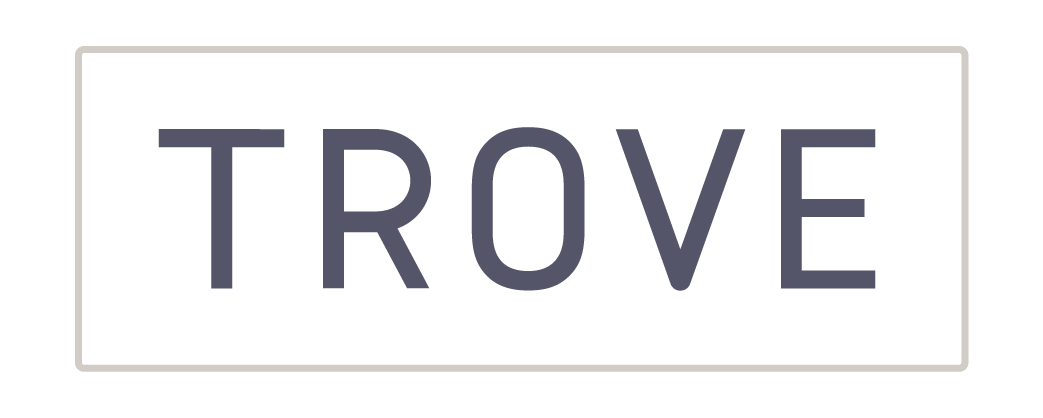Yerdle's business model was simple. Open an online retail store where consumers would post pictures of their items (in many cases unused) and swap them for something that they actually wanted. The idea found traction with the consumers and at one point had more than a million members across major platforms like iOS, Android and Desktop.
While things were trekking along OK, Andy had a pit in his stomach that something was not right.
“When we started Yerdle, we worked on a marketplace where people could exchange used items. And what we learned was that the friction in doing so was just too high – posting something, finding the item, trusting the seller of the item”, Reuben told McKinsey.
Almost four years into the company, Andy shared with the board members, "I'm concerned this isn't going to work.". After several meetings, the board and Andy decided to sell the firm. The first buyers were very interested, though according to Andy, in one of the presentations, things went off track. After two more exit deals falling through, Andy decided that it was time for a pivot.
Ads help us serve our growing community.
The pivot idea
Promote a circular economy, where brands can capture value beyond the first sale, by re-selling used item. According to market estimates, 33% of Gen Y & Z have utilized resale or rental channel and the demand forecast shows 40% growth year over year.
The pivot challenge
Whilst, brands liked the concept, they were reluctant to see their items next to very worn items. Not everybody in Yerdle believed that the pivot would work. According to Andy, during our pivot, I'd walk into my office every day, ready for someone to say, "Andy, I want to find a few minutes of your time." Really they were saying, "I've found another job. I'm leaving." I had that conversation 20-something times. Yerdle went from 60 people down to five.
Trove is born
The journey even for a successful founder like Andy was not an easy one. After losing most of his team, Andy 'n co, sublet most of their office to a different firm. At the onset, the focus was only to get three brand to join Trove. Eileen Fisher, Patagonia and REI.
To land Eileen Fisher, Andy shared the story on how he sat outside their office, until he could meet with the right person. For Patagonia, he followed one of their executives to a trade show and convinced her that Trove was the right choice.
“It is a massive market shift whether or not brands and retailers take part. And when a brand is dealing with a disruption that is inherently a shift in how customers buy and what they buy, the choice of sitting this out is to walk away from the customer”, Reuben says. “I don’t know why a brand would do that.”, he shared with McKinsey.
Working exclusively with 3 brands over an extended period of time, allowed the Trove team to build out the circular shopping experience, from processing returns to revaluing used items, to reselling them in branded online stores.
Trove now has 9 brands on their platform and as of Aug 25th 2021, raised $77.5M USD in Series-D funding (Source: Crunchbase). This has brought the total capital raised to date at $122.5M USD.
Andy has suggested that platform’s real influence is in strengthening brands relationships with customers, citing the Patagonia model, where in-store credit is given for traded-in clothes.
“When that jacket then gets sold to a new customer who aspires to the brand, we typically see a marketing return twice as good as a brand benchmark, because you’ve got an item to work with right now that appeals to a group of people who aspire to the brand.”

1 Comments
What a nice story
ReplyDelete